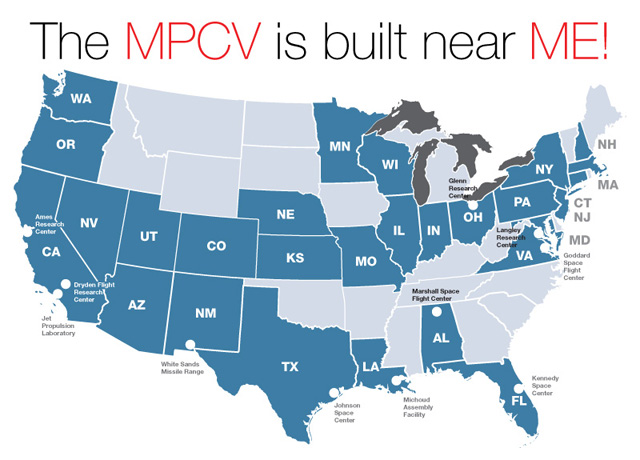Oh, sorry, he actually said Musk is “crazy like a visionary“:
I am an unlikely fan of Elon Musk, the flamboyant, Steve Jobs-like (some would say Tony Stark-like) entrepreneur behind SpaceX, SolarCity, Tesla Motors, and other enterprises that seemed like starry-eyed impossibilities a scant decade ago. Musk’s two governing passions, he has said repeatedly, are “sustainable transport” to battle “global warming” and finding a way to make mankind an interplanetary species, beginning with a space colony on Mars.
For my part, the word “sustainable” has me reaching, if not for my revolver, then at least for an air-sickness bag. I regard the whole Green Lobby as a cocktail composed of three parts moralistic hysteria mixed with a jigger of high-proof cynical opportunism (take a look at Al Gore’s winnings from the industry) fortified with a dash of beady-eyed left-wing redistributionist passion. You can never be Green enough, Comrade, and if the data show a 20-year “hiatus” in global warming (so much for Michael Mann’s infamous hockey stick), that’s no reason not to insist that capitalist powerhouses like the United States drastically curtail their CO2 emissions right now, today, while giving egregious polluters like China a decade or more to meet its quotas.
No, when it comes to energy, I often quote, sometimes with attribution, the Manhattan Institute’s Robert Bryce: what the world needs now is cheap, abundant energy, period, full stop, end of discussion. My motto is: frack early, frack often. Do you want to help the poor/clean up the environment/save the spotted wildebeest? Then you need economic growth, and to achieve that you need energy, which at the moment means you need fracking. Q.E.D.
When it comes to interplanetary travel, I suspect that Musk’s passion for transforming us into “space-faring” creatures was heavily influenced by his youthful reading of Isaac Asimov, Robert Heinlein, and (one of his favorites) The Hitchhiker’s Guide to the Galaxy. Not that those adolescent chestnuts necessarily argue against the plausibility of his ambitions. Behind Musk’s enthusiasm for space colonization is a worry that a future “extinction event” might delete human consciousness from the emporium of the universe.
For what it’s worth, I’m very much split on Musk and his works: I generally agree with his desire to help get humanity expanding beyond our single, frail planet … I just wish he wasn’t guzzling down government subsidies to get there. I’ve read the book Kimball is reviewing (Ashlee Vance’s Elon Musk: Tesla, SpaceX, and the Quest for a Fantastic Future), and I certainly feel I got my money’s worth from the purchase … Musk is potentially a very great man. Right now, he’s a pretty good man who still takes everything he can get from the government.




